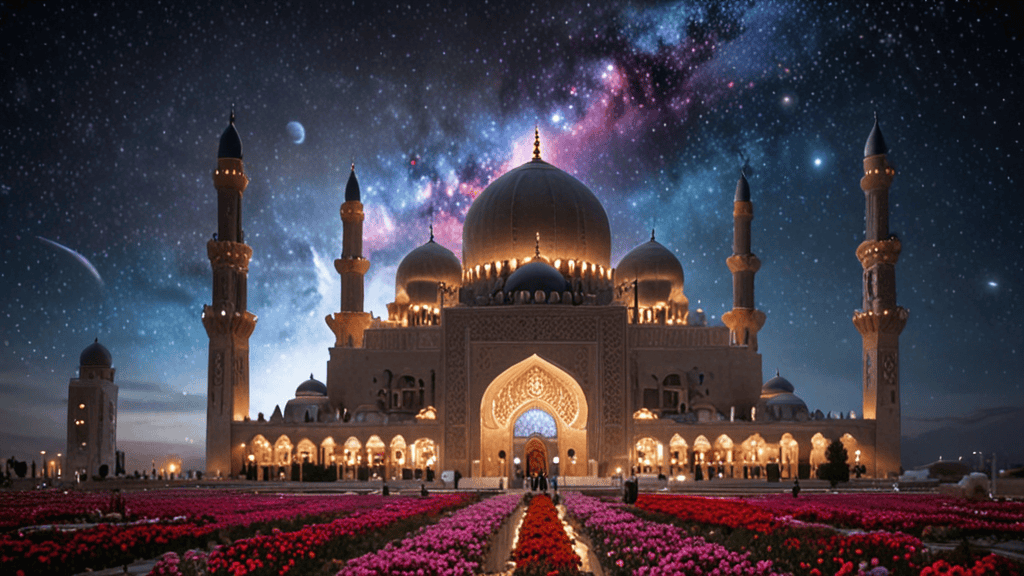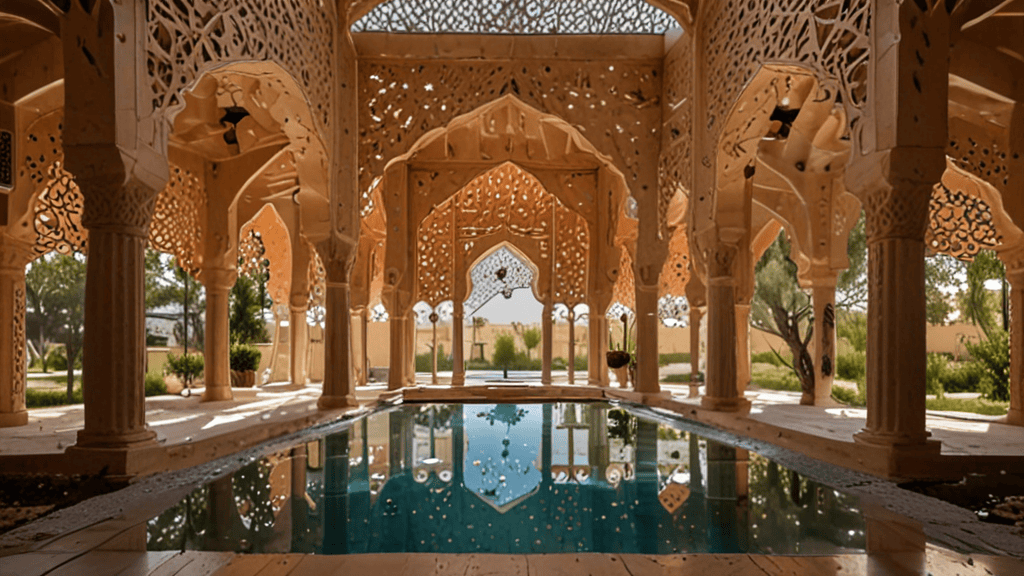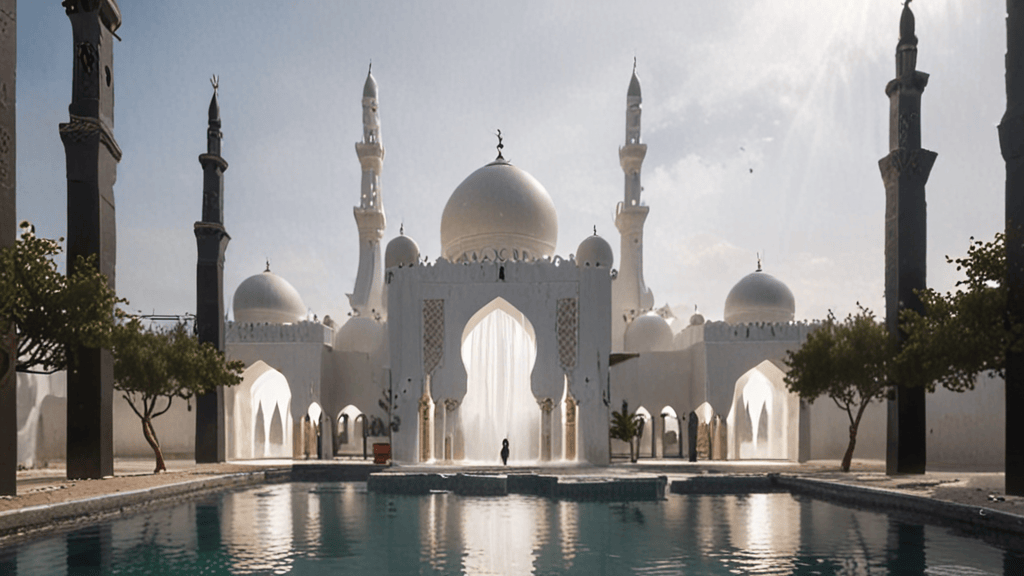The philosophical discussion surrounding the nature of life (hayat) and death (mayat) is essential in understanding our existence and our relationship with Allah (SWT). This exploration delves into the concepts of life and death, emphasizing how our connection to the Divine shapes our understanding of both.

Understanding Life (Hayat)
Life, or hayat, is often perceived as the state of being alive, characterized by physical existence, consciousness, and the ability to experience emotions and thoughts. However, in a spiritual context, hayat transcends mere biological functions.
In Islamic philosophy, true life is not just about physical existence; it encompasses spiritual awareness and connection to Allah. A life lived in accordance with divine guidance is considered a true and meaningful life, filled with purpose and fulfillment.
The Nature of Death (Mayat)
Death, or mayat, is often viewed with fear and uncertainty. It marks the end of physical existence, but in Islamic thought, it is not the end of being. Instead, it is a transition to another state of existence.
Understanding death as a part of the divine plan helps believers view it not as an end, but as a continuation of the soul’s journey. This perspective encourages acceptance and prepares individuals for the inevitable transition.
Connection to Allah as the Source of Life
The connection to Allah is fundamental to understanding the reality of existence. In Islamic belief, Allah is the source of all life. It is through His will and sustenance that we exist and thrive.
This connection is not merely a theological concept; it is a lived experience. Engaging in acts of worship, remembrance (zikir), and seeking knowledge fosters a deeper relationship with Allah, which in turn enriches our experience of life.
Understanding death as a part of the divine plan helps believers view it not as an end, but as a continuation of the soul’s journey. This perspective encourages acceptance and prepares individuals for the inevitable transition.
The Interplay of Life and Death
Life and death are interconnected in the grand scheme of existence. Life is a test, and death serves as a reminder of the transient nature of worldly existence. This understanding encourages believers to live purposefully and with intention.
The Quran emphasizes that life is a preparation for the hereafter, and how one lives will determine their fate after death. This perspective instills a sense of responsibility and urgency in fulfilling one’s duties to Allah and to others.




Spiritual Awakening Through Awareness of Mortality
The awareness of death can lead to spiritual awakening. Recognizing the temporary nature of life encourages individuals to reflect on their actions, seek forgiveness, and strive for righteousness.
This awareness fosters gratitude for the gift of life and motivates believers to make the most of their time on earth by engaging in good deeds and nurturing their relationship with Allah.
The Concept of True Life
In Islamic thought, true life is often described as a state of spiritual awakening and connection to Allah. This state is characterized by inner peace, purpose, and fulfillment that transcends the physical realm.
The Prophet Muhammad (peace be upon him) taught that the one who truly lives is the one who is aware of their connection to Allah and acts in accordance with His guidance. This understanding transforms the perception of life from a mere existence to a meaningful journey.
The Role of Faith in Understanding Existence
Faith (iman) plays a crucial role in shaping our understanding of life and death. A strong belief in Allah’s wisdom and mercy provides comfort in the face of mortality and uncertainty.
Faith encourages believers to view life as a precious opportunity to grow spiritually and to prepare for the hereafter. It instills hope and resilience, allowing individuals to navigate the challenges of life with grace.

The philosophical discussion on the nature of life (hayat) and death (mayat) reveals the intimate connection between our existence and our relationship with Allah. Understanding life as a spiritual journey and death as a transition encourages believers to live purposefully, engage in acts of worship, and cultivate a deep connection with the Divine. This perspective transforms the reality of existence into a meaningful exploration of faith, purpose, and the eternal journey of the soul.
Ustaz Sameer








